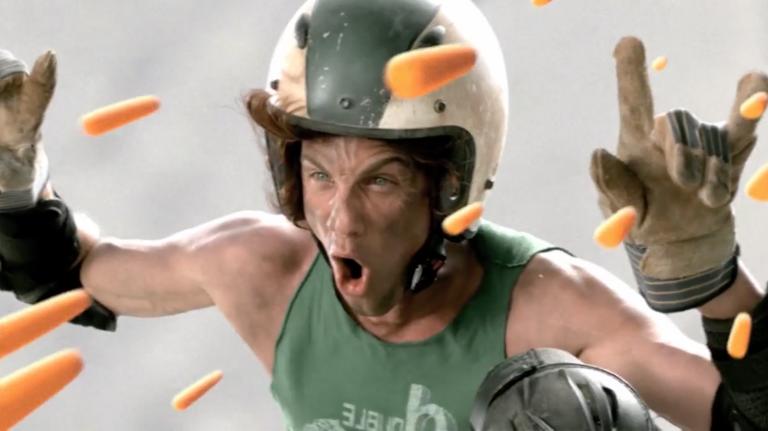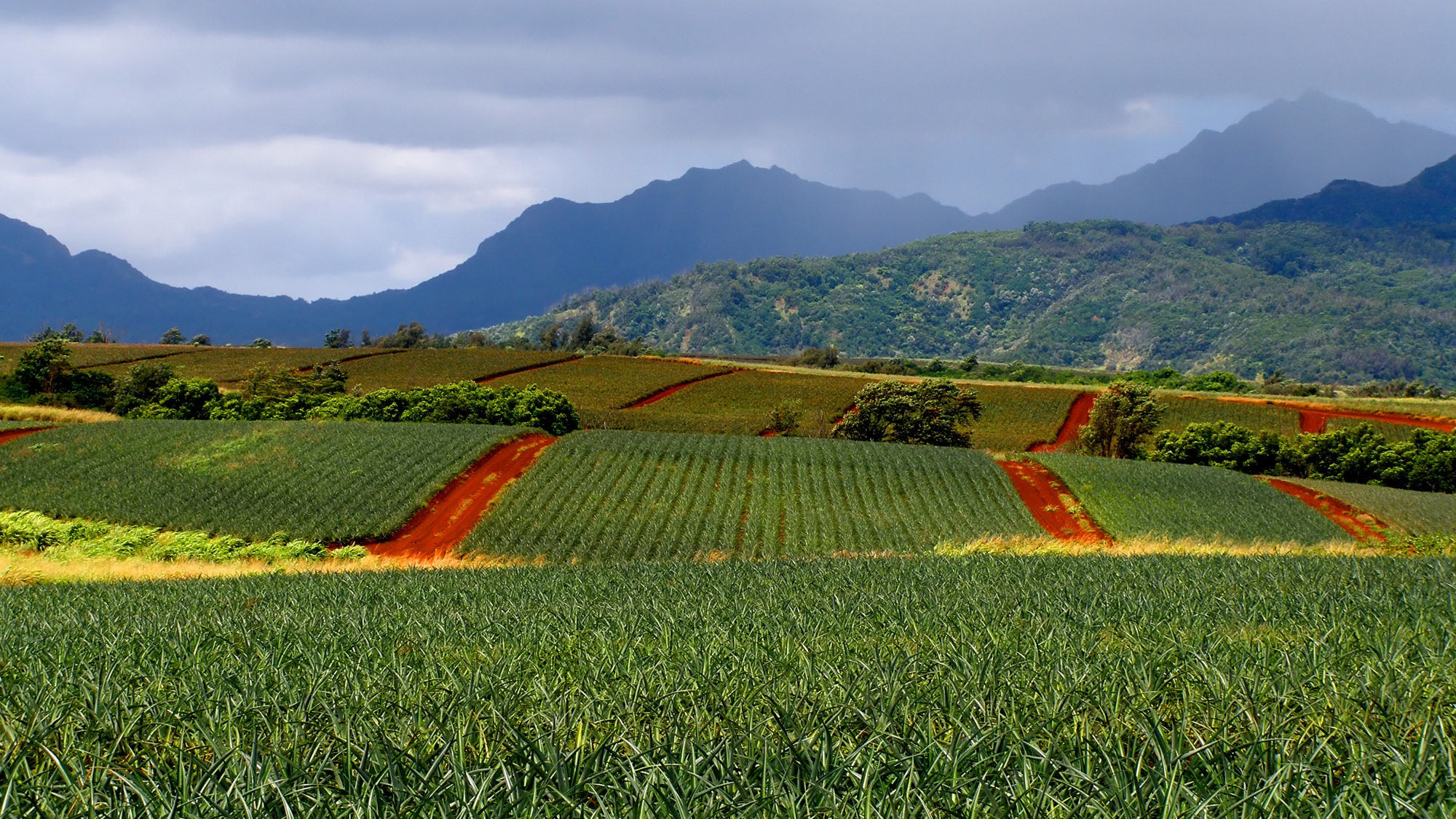A judge has invalidated the local ordinance that Kauai passed to restrict the use of pesticides on genetically engineered crops. As I wrote back in October, when the law passed:
Hawaii is a key part of the plant-development process for seed companies. Because of the tropical climate, breeders can grow three generations of corn a year on the islands, and this speeds up the work of producing new varieties.
This bit of the tropics is also important to the industry because it’s within the U.S., free from the uncertainty and complication that comes with developing technology abroad, under a different set of laws.
The ordinance has already gone through the wringer. Kauai’s mayor vetoed the bill, only to be overruled. Now a judge has ruled that it is preempted by the state law governing pesticide use.
Supporters of the ordinance vowed to keep fighting — though perhaps through a new law, rather than by appealing this decision. There’s a lot that could be done, even without changing any laws. The main concerns noted by residents have to do with heavy use of pesticides, and there is a lot of insecticide (permethrin and chlorpyrifos) being sprayed. That should really be addressed independently of the GMO issue. Chlorpyrifos is pretty nasty stuff, and the regulation of its use shouldn’t be limited to people spraying it on genetically engineered crops.
The big island of Hawaii has also has passed an ordinance targeting GMOs, but that law goes further, banning all farming with genetically engineered plants (though existing papaya farms, which depend on disease resistant GMOs, were exempted). That law is also being challenged, and the same judge is handling the case. Maui will vote on a GMO farming ban soon.
Note that many of my links come from Honolulu Civil Beat. Sophie Cocke and Anita Hofschneider are good reporters to follow if you want to keep up with this story.




